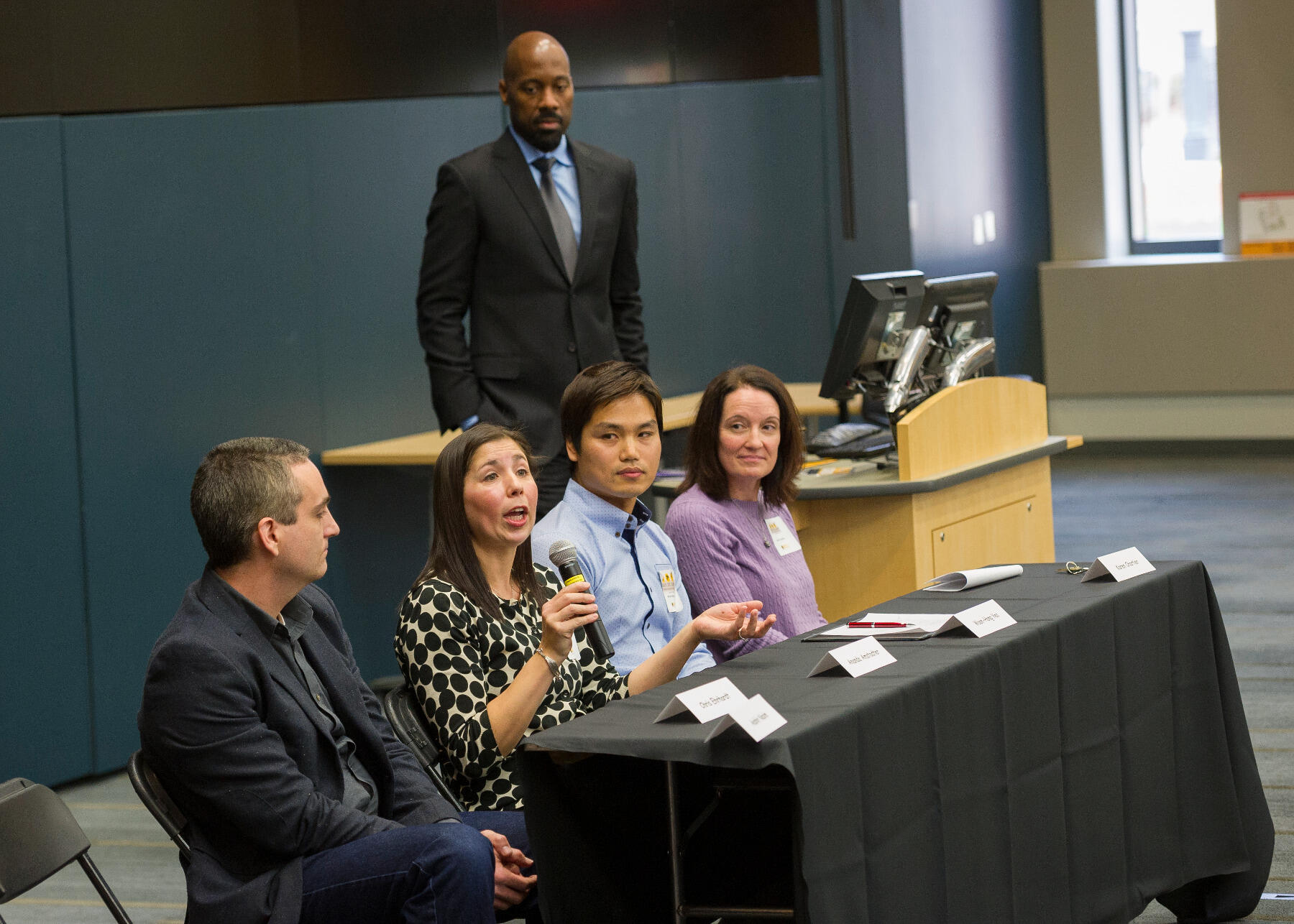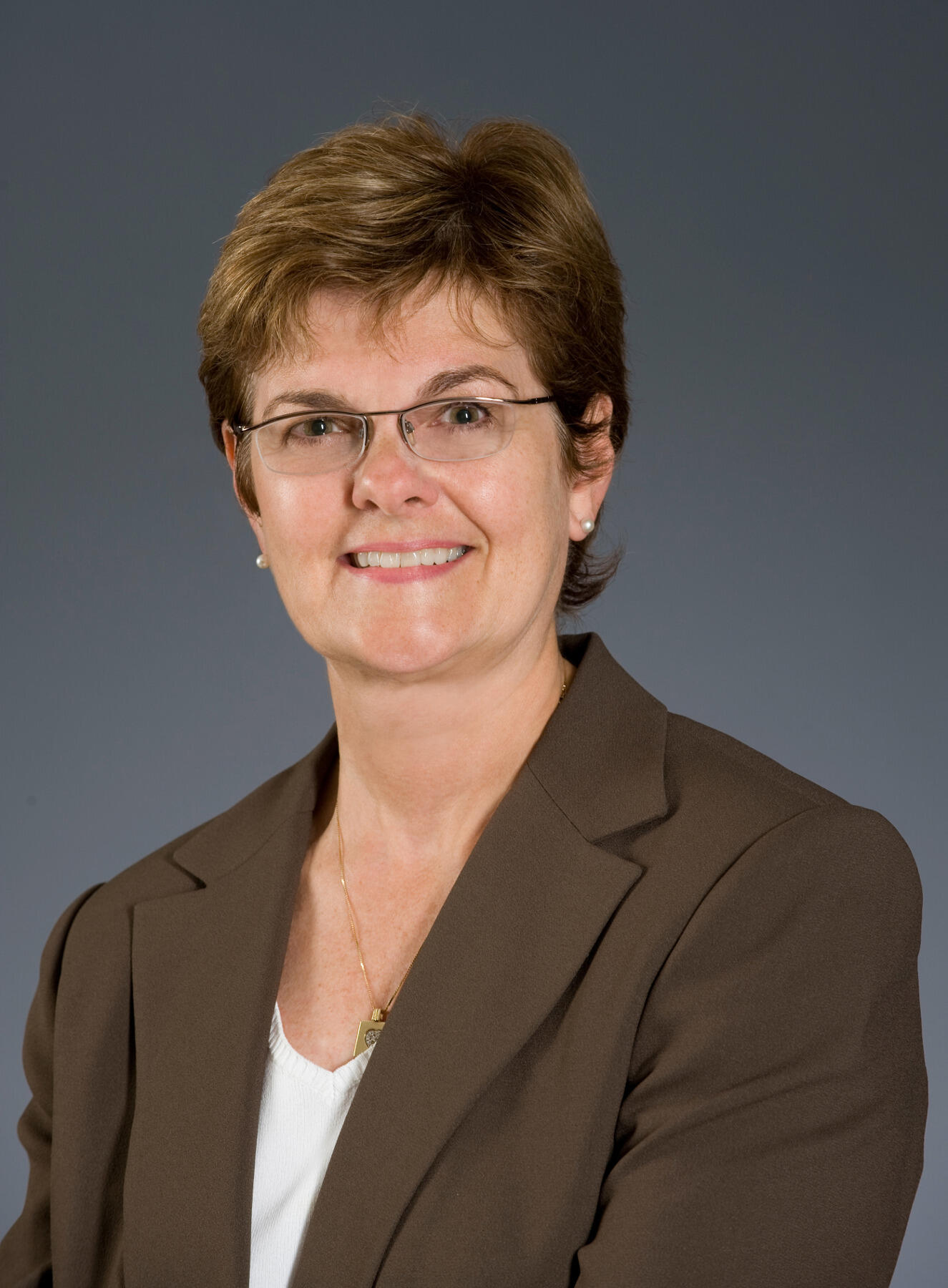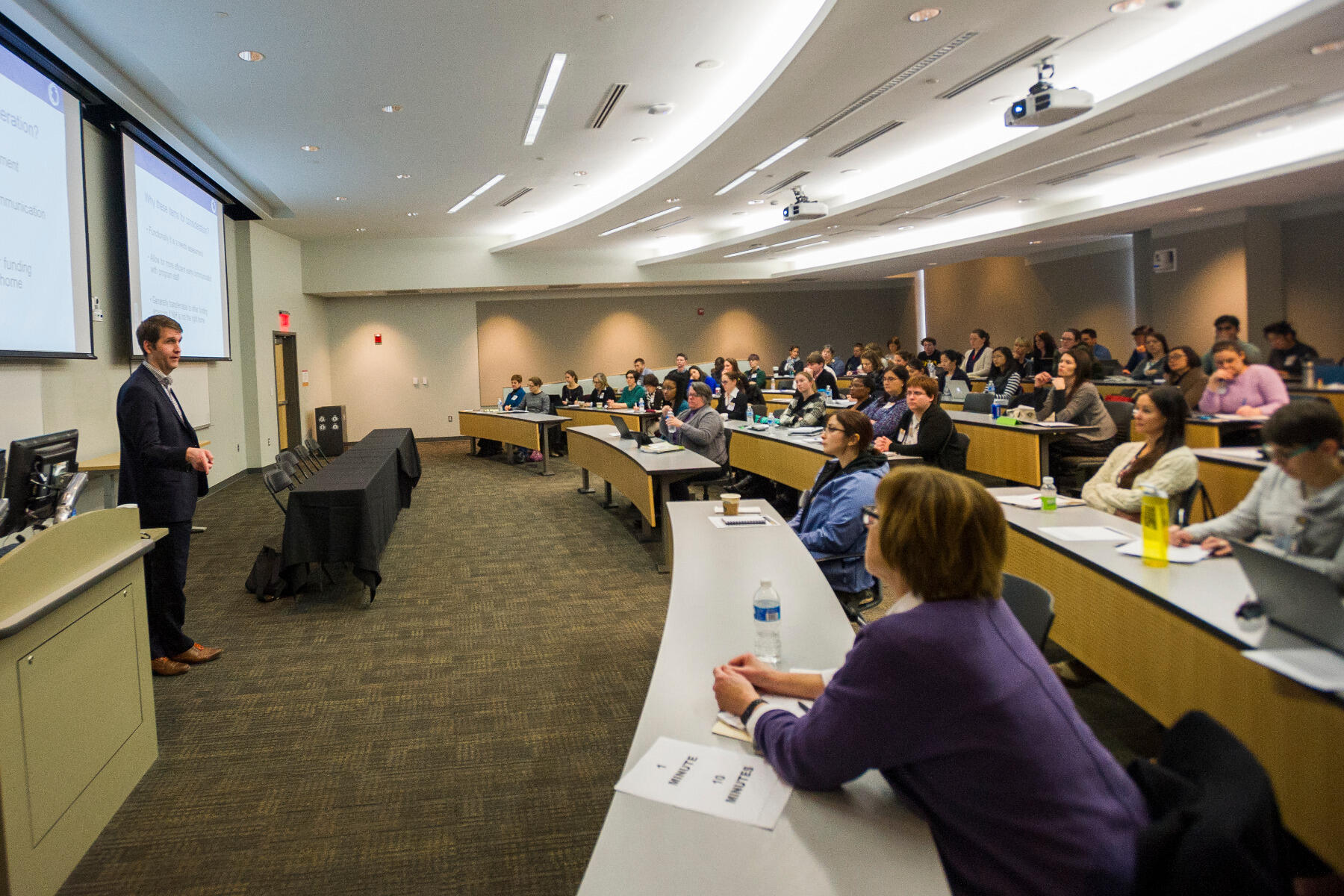Jan. 28, 2016
Faculty and staff hone grant-writing skills in intensive workshop
Share this story

More than 200 faculty, staff and presenters from national research institutions gathered at Virginia Commonwealth University from Jan. 12 to 14 for a competitive grant-writing workshop, titled “Ready, Set, Grant!”
The condensed three-day marathon event took place at the Academic Learning Commons and was the first of its kind at the university. The Office of Research and Innovation hosted more than 70 presenters and 130 faculty and staff from VCU and peer institutions, including the University of Virginia, James Madison University and area community colleges.
The idea behind the event was to give researchers — particularly early investigators — the tools and information they need to navigate the grant-writing process from inception to submission and to successfully secure extramural funding.

“It’s not a secret that it is an expectation of our tenure-line faculty that they need to be looking at grant funding — it’s part of Quest [for Distinction, the university’s strategic plan] and we want to build that portfolio,” said Ann Nichols-Casebolt, Ph.D., senior associate vice president for research development in the Office of Research and Innovation. “It’s one thing to have that expectation for people, but we then have to provide them with the tools and support to help them be successful.”
For researchers early in their careers and faculty new to the process of securing funding, these can be murky waters. The workshop sessions were designed to provide experiential lessons from fellow researchers, how-to instruction and an insider look at how various funding agencies work.
VCU President Michael Rao, Ph.D., and Francis Macrina, Ph.D., vice president for research and innovation, kicked off the event, and the opening keynote was a panel of four VCU faculty members early in their research careers. Each spoke about their experiences and offered strategies for building a network, searching for grants, shopping ideas and also finding a balance of research, teaching and service. Collaboration was a common thread throughout each success story, and attendees nodded at the suggestion of developing thick skin.
We’re learning about the resources available for faculty to get in the game so to speak.
“We’re learning about the resources available for faculty to get in the game so to speak,” said attendee Bill Korzun, Ph.D., associate professor of clinical chemistry – instrumentation in the Department of Clinical Laboratory Sciences. “The morning session was really good in terms of bringing home the need to collaborate with people in other departments and even other institutions.”
Representatives from several funding institutions were in attendance, including the National Institutes of Health and the National Science Foundation. Program officers from both organizations held presentations to demystify the seemingly impenetrable matrix of organizational hierarchies and processes.Barbara Mann, a grant writer at Tidewater Community College in Norfolk, Virginia, and former VCU staff member, was inspired to change the format of a faculty grant-writing workshop at her institution after one of the sessions. “One of the topics was on how to find people to collaborate with, and we thought, let’s just split up the group and make sure there are different disciplines within each group and have them come up with a fantasy idea where they could all have input,” she said.
NIH and NSF representatives also held mock reviews to give attendees a fly-on-the-wall view of a review panel’s process and considerations when looking at a grant. Each of the review panels critiqued and discussed an actual proposal submitted by VCU researchers, who received feedback to make their proposal stronger, Nichols-Casebolt said.

The events didn’t just target science-based disciplines and funding targets. Organizers also aimed specific sessions at arts and humanities faculty and private foundation funding. “We had a good sampling of registrants from all the schools, and that was part of our goal in putting this together,” Nichols-Casebolt said.
Workshops on proposal development and project management were designed for grants administrators, research coordinators and other research staff who form an integral part of the research infrastructure at VCU and other institutions represented at the event.
Early-morning sessions on the MCV campus targeted clinical faculty who wouldn’t necessarily be able to make it across town.
Subscribe for free to the weekly VCU News email newsletter at http://newsletter.news.vcu.edu/ and receive a selection of stories, videos, photos, news clips and event listings in your inbox every Thursday.
Subscribe to VCU News
Subscribe to VCU News at newsletter.vcu.edu and receive a selection of stories, videos, photos, news clips and event listings in your inbox.








